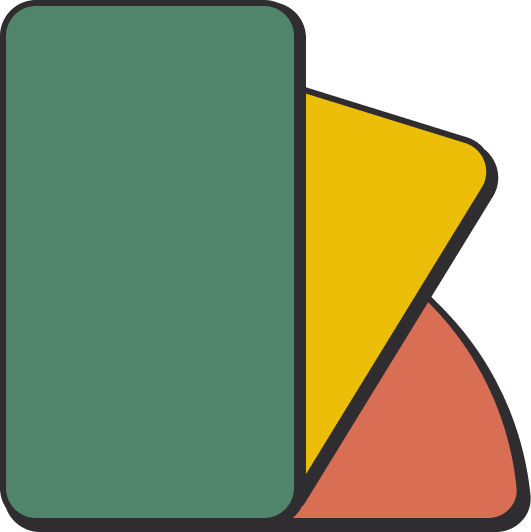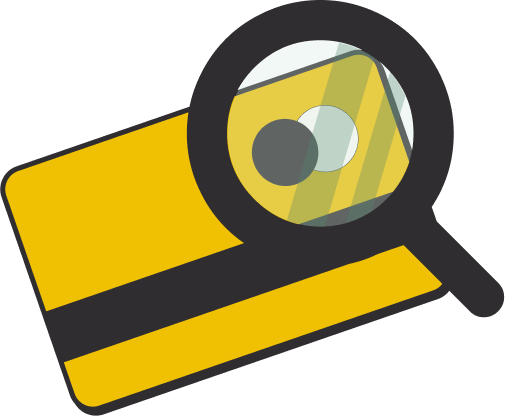About Kasheesh

How it works
A quick guide to Kasheesh

FAQ’s
Answers to frequent questions
Press
Kasheesh making news headlines
More
Team & Mission
From NYC to everywhere
Careers
Come work with us!
Help Hub
Need help? Check our help articles

Contact Us
Get ahold of a human to help

Partnerships
Looking to collaborate? So are we!
.png)










.png)
.png)

.png)
.png)
.png)




.png)









